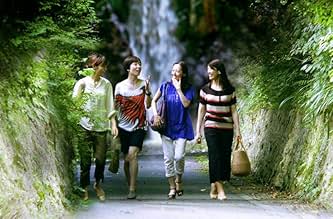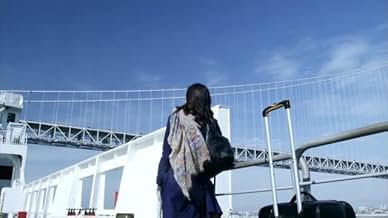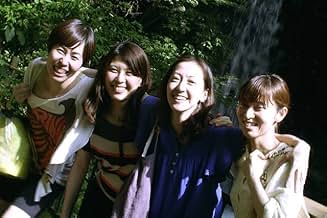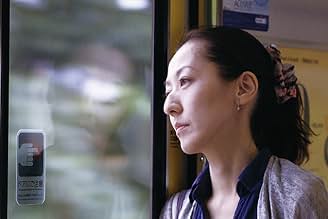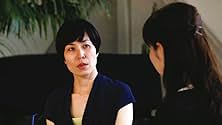A slow-burning epic chronicling the emotional journey of four thirty something women in the misty seaside city of Kobe.A slow-burning epic chronicling the emotional journey of four thirty something women in the misty seaside city of Kobe.A slow-burning epic chronicling the emotional journey of four thirty something women in the misty seaside city of Kobe.

